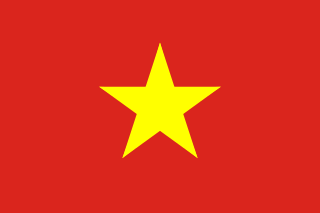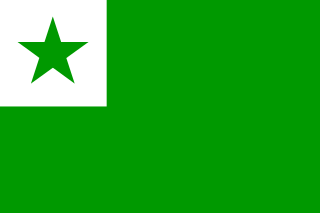Tag Archives: ho
Tiếng Việt – 2017-01-16
From Duolingo:
Match the columns:
| Tiếng Việt | English |
|---|---|
| các bạn | she |
| tôi | you (pl.) |
| anh ấy | you |
| chúng tôi | they |
| cô ấy | I |
| bạn | we |
| nó | he |
| họ | it |
| Correct answers: | |
| Tiếng Việt | English |
|---|---|
| các bạn | you (pl.) |
| tôi | I |
| anh ấy | he |
| chúng tôi | we |
| cô ấy | she |
| bạn | you |
| nó | it |
| họ | they |
Italiano – 2016-06-01
Da Duolingo:
| Il punto è capire i finanziamenti. | The point is to understand the funds. |
| Lui è il mio capo. | He is my boss. |
| Ho un appuntamento importante. | I have an important appointment. |
| Il denaro non è tutto. | Money isn’t everything. |
| Il mondo del commercio è diverso. | The world of business is different. |
| Compra prodotti nazionali. | He buys national products. |
| Non sono i miei capi. | They are not my bosses. |
| L’agricultura è l’economia del paese. | Agriculture is the economy of the country. |
| l’imprenditore | the entrepreneur |
| Ci sono diversi tipi di assicurazione. | There are different types of insurance. |
Tiếng Việt – 2016-05-16
From Duolingo:
- tôi – I
- bạn – you
- anh ấy – he
- cô ấy – she
- nó – it
- chúng tôi – we
- các bạn – you (pl.)
- họ – they
- nước ép – juice
- bánh mì – bread
- Tôi uống nước. – I drink water.
- Bé gái muốn uống nước. – The little girl wants to drink water.
- Tôi là phụ nữ. – I am female.
- một cô gái – a girl
- Bạn là người đàn ông. – You are a man.
- Bạn là đàn ông. – You are a man.
- Cô ấy uống nước. – She drinks water.
- Đứa trẻ uống nước ép táo. – The kid drinks the apple juice.
- Cậu bé muốn học. – The little boy wants to study .
- Tôi ăn bánh mì . – I eat bread.
- Tôi là người . – I am human.
- Bạn là một bé gái. – You are a little girl.
Italiano – 2016-05-04
Da Duolingo:
| Non mi piace quel capo. | I do not like that leader! |
| industria e commercio | industry & commerce |
| Ho un appuntamento con il dottore. | I have an appointment with the doctor. |
| Il suo amore per il denaro è un problema. | His love for money is a problem. |
| Il turismo è importante per l’economia del mio paese. | Tourism is important to the economy of my country. |
| Ci sono diversi tipi di assicurazione. | There are different types of insurance. |
| Loro non sono i mei capi. | They are not my bosses. |
| Ho tanti appuntamenti questa settimana. | I have so many appointments this week. |
| Questi prodotti non sono sicuri. | These products are not safe. |
| Sono un imprenditore. | I am an entrepreneur. |
Esperanto – 2015-06-13
Falsaj amikoj (itala)
El https://en.wikibooks.org/wiki/Esperanto/Appendix/False_friends#Italian
| Italian Word (Parola italiana) | Correct Esperanto Word (Parola corretta in esperanto) | False Friend (Falso amico) | Definition of the False Friend (Definizione del falso amico) |
|---|---|---|---|
| amo | mi amas, hoko, fiŝhoko, logilo, logaĵo | amo | amore |
| ano | anuso | ano | membro |
| c’è | (ĉi) tie estas | ĉe | a, in, presso |
| ci | ni, nin, al ni, tie | ci | tu (vecchia usanza) |
| ci | ni, nin, al ni, tie | ĉi | questo (qui) |
| culo | postaĵo | kulo | zanzara |
| divenire | fariĝi | diveni | indovinare |
| filo | fadeno | filo | figlio |
| guasto | panea | gasto | ospite (visitatore) |
| ho | mi havas | ho | oh, ehi! |
| io | mi | io | qualcosa |
| male | malbone | male | al contrario |
| memorizzare | parkerigi | memori | ricordare |
| ne | iom | ne | no, non |
| ora | nun, horo | ora | dorato |
| per | pro, multipliki | per | tramite |
| sentire | aŭdi, aŭskulti, senti | senti | sentire (ma né udire né ascoltare!) |
| sia | estu | sia | il suo proprio / la sua propria |
| stare | esti | stari | stare in piedi |
| temi | vi timas | temi (pri) | trattarsi (di) |
| treni | trajnoj | treni | trarre, trascinare |
| via | vojo, strato, for | via | il tuo / il vostro |




